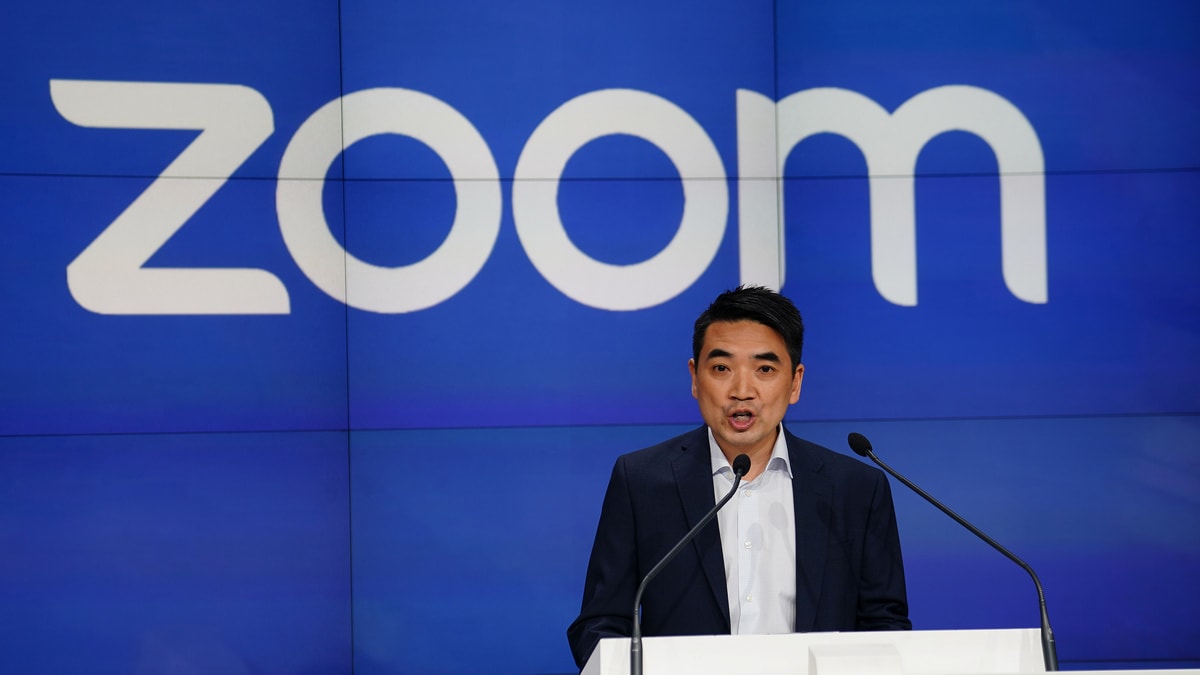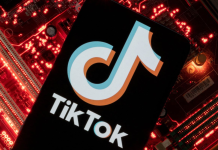
The CEO of popular video conferencing software Zoom said the corporate has no plans to supply end-to-end encryption to users of its free version so it can continue working with enforcement.
During the company’s quarterly earnings call, Zoom CEO and Chairman Eric Yuan was asked about plans to use end-to-end encryption to bolster the privacy of video calls.
Yuan said the choice are some things the corporate wants to supply business or enterprise customers, but not users accessing the platform for free of charge.
“We don’t need to offer that because we also want to figure along side FBI, with local enforcement just in case some people, they use Zoom for the bad purpose,” Yuan said.
Zoom didn’t offer a timeline for when end-to-end encryption would roll out. this sort of encryption protects communications from being accessible to only the organizer of a Zoom call and invitees.
In a statement obtained by USA TODAY, Zoom says its end-to-end encryption plan “balances the privacy of its users with the security of vulnerable groups.”
“Zoom doesn’t proactively monitor meeting content, and that we don’t share information with enforcement except in circumstances like child sex abuse,” the corporate said. “We don’t have backdoors where participants can enter meetings without being visible to others. None of this may change.”
While Zoom has skyrocketed in popularity as more people work from home, the video conferencing tool has been criticized over how well it secures call after a string of “Zoom bombings” where outside users would invade and disrupt calls. A California church filed a class-action lawsuit against Zoom after its virtual Bible study class was “Zoom bombed” with pornographic images.
Zoom has since introduced a spread of security measures to raised protect video calls, including a tougher sort of encryption called AES 256 GCM encryption for all users.











